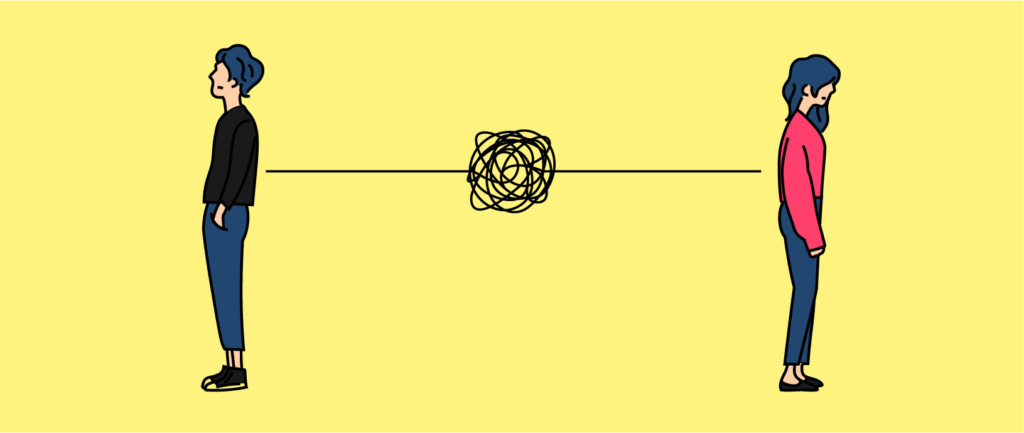There are many types of CBT, but in this article, we’ll be discussing how Cognitive Behavioral Therapy (CBT) is used to treat depression. CBT is a form of therapy that focuses on changing the way that a person thinks and behaves. It’s often recommended as one of the first steps in treating depression and is effective in reducing symptoms.
Contents
What Is CBT For Depression?
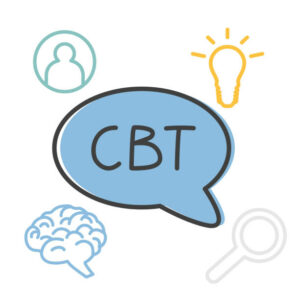
There is no one-size-fits-all approach to treating depression, but cognitive behavioral therapy (CBT) is a commonly used treatment that is effective. CBT is a type of talk therapy that helps people change the way they think and behave, by challenging their negative thoughts and behaviors. CBT can be delivered in an individual or group setting, and often includes sessions with a therapist.
Also, CBT is typically divided into two types: pharmacological and psychological. Pharmacological CBT involves using medications to help treat depression, while psychological CBT does not involve medication. Psychological CBT may include techniques such as cognitive restructuring (changing the way you think about your problems), problem-solving (finding solutions to your problems), and self-monitoring (keeping track of how you are doing).
There is currently no one-size-fits-all approach to treating depression, but Cognitive Behavioural Therapy (CBT) is a commonly used treatment that is effective. CBT is a type of talk therapy that helps people change the way they think and behave, by challenging their negative thoughts and behaviors. Also, CBT can be delivered in an individual or group setting, and often includes sessions with a therapist.
Types of CBT for Depression
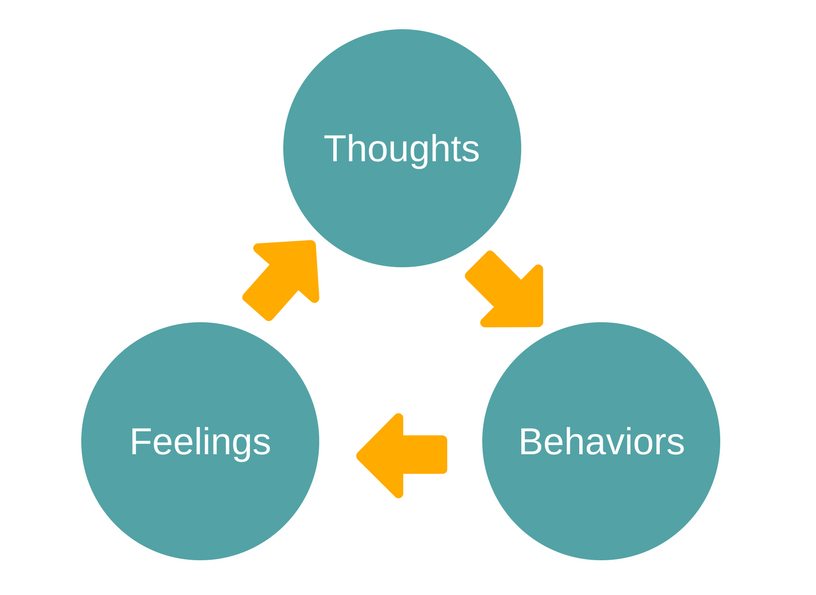
There is no one-size-fits-all approach to treating depression, and the type of CBT you use will depend on the individual’s symptoms and history. However, several types of CBT are effective in treating depression, including:
Exposure Therapy
This involves gradually exposing the person to situations or objects that the individual may find stressful but which are not related to their depression. This type of therapy can help to reduce the symptoms of depression by helping the person to develop a new perspective on their situation and increase their ability to cope with stress.
Interpersonal Therapy
This type of therapy involves working with a therapist to improve the relationship between the individual and other people in their life. It can help to reduce the symptoms of depression by improving the individual’s ability to communicate and interact with others. In some cases, interpersonal therapy may also help to identify and address the underlying causes of depression.
Somatic Therapies
These therapies focus on improving the body’s physical symptoms (such as fatigue, insomnia, and pain) to improve the individual’s overall mood. Some studies have shown that somatic therapies can be effective in treating depression, although more research is needed to confirm this effect. Manysomatic therapies are available without a doctor’s prescription.
Behavioral Therapy
This type of therapy focuses on changing the individual’s behaviors to reduce their symptoms of depression. It is usually combined with antidepressant medication and can be very effective in reducing symptoms over time. In some cases, behavioral therapy may also help to identify and address the underlying causes of depression.
Mindfulness-Based Cognitive Therapy (MBCT)
This involves teaching people how to focus their attention and regulate their emotions using mindfulness techniques. Through MBCT, people learn how to identify and tolerate negative thoughts and emotions. This is as well as how to develop positive coping mechanisms. Studies have shown that MBCT is effective in treating depression, although more research is needed to confirm this effect.
How Does CBT Work for Depression?
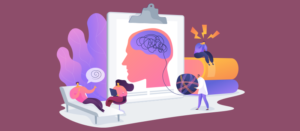
CBT is a form of Cognitive Behavioral Therapy that is effective in treating depression. CBT is based on the idea that depression is caused by negative thoughts and behaviors, and that it can be treated by helping people change their thinking and behavior. The main part of CBT for depression is the “cognitive” part, which involves identifying negative thoughts and replacing them with more positive ones. The “behavioral” part of CBT involves changing how people behave to reduce their symptoms. For example, people might be taught how to identify situations that make them feel depressed, and then how to respond differently in those situations.
Also, the working of CBT for depression is that it helps to identify the root cause of the problem. Once the root cause is identified, it can be addressed with a different approach. This is where CBT can be very successful because it is tailored specifically to the individual.
When it comes to the effectiveness of CBT for depression, there is a lot of research that has been carried out over the years. Overall, it seems that CBT is a very effective treatment option for depression.
What to Expect from CBT for Depression?
If you are considering cognitive behavioral therapy (CBT) for this type of mental health disorder, there is a lot you need to know. CBT is an effective treatment for depression and is as effective as psychotherapy or medication in some cases. However, like all therapies, CBT has its own set of benefits and drawbacks. Here is a look at what you can expect from CBT for depression:
The first step in receiving CBT for depression is typically seeing a therapist. The therapist will assess your symptoms and help you develop a plan of treatment. The goal of CBT is to change the ways you think and behave about your depression. This includes changing your thoughts about your illness, changing the things you do to cope with it, and changing how you feel about yourself.
One of the most important things that CBT for depression focuses on is correcting distorted thinking patterns. Depression can lead to negative thoughts such as “I’m helpless” or “I’m worthless.” In CBT, the therapist will help you identify these negative thoughts and challenge them. For example, they might ask you why you think those thoughts are harmful and whether there is any evidence to support them.
Another key part of CBT for this type of mental health disorder is helping you develop new coping mechanisms. This can include things like exercise, meditation, or talking therapy. CBT teaches you how to effectively manage your emotions and stress in the short-term and long-term.
Overall, CBT for depression is an effective treatment that can help you change the way you think and behave about your depression. It can also help you develop new coping mechanisms that will help you manage your symptoms over the long term.
Benefits of CBT For Depression
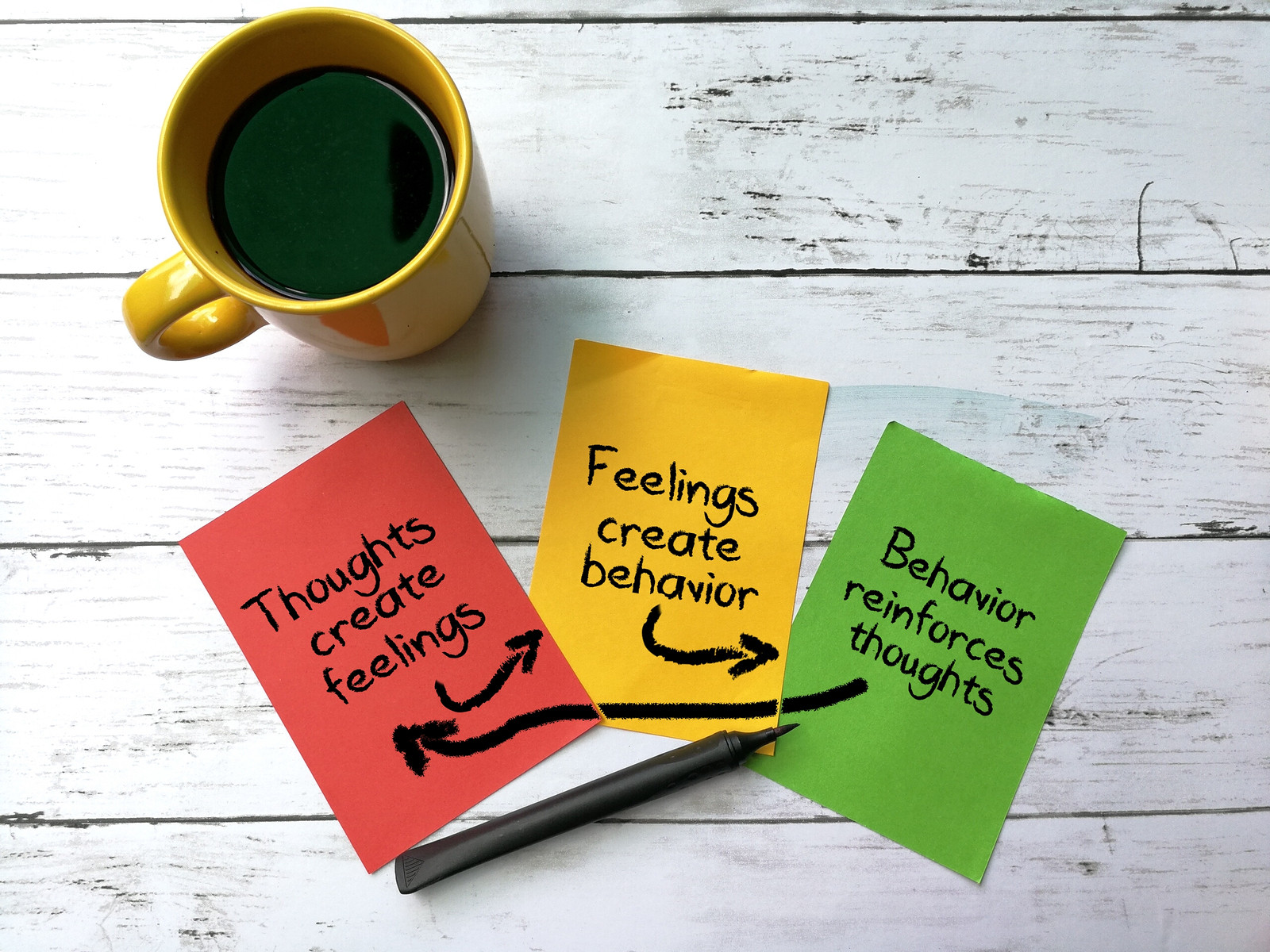
There are many benefits to CBT for depression, including:
Improved Mood and Anxiety Levels
One of the primary goals of CBT for this type of mental health disorder is to improve mood and anxiety levels. In many cases, people who receive CBT report significant decreases in both their mood and anxiety levels. This is large because CBT helps people identify and address their specific thoughts and emotions related to their depression.
Improved Self-Esteem and Self-Awareness
Another benefit of CBT for depression is improved self-esteem and self-awareness. People who receive CBT often report feeling more in control of their mental health and overall well-being. This increased sense of control can lead to improvements in other areas of life as well.
Reduced Stress Levels
Another benefit of CBT for depression is reduced stress levels. In many cases, people who receive CBT report significant decreases in their overall stress levels. This is large because CBT helps people identify and address their specific thoughts and emotions related to their depression.
Reduced Anxiety Attacks
One of the primary goals of CBT is to reduce anxiety attacks. In many cases, people who receive CBT report a significant decrease in the number and severity of their anxiety attacks. This is large because CBT helps people identify and address their specific thoughts and emotions related to their anxiety.
Improved Quality of Life
CBT for depression can also lead to improvements in other areas of life. For example, people who receive CBT may find that their overall quality of life improves due to reductions in stress levels and anxiety attacks.
Positive Changes In Outlook
Many people who receive CBT for this type of mental health disorder report experiencing positive changes in their outlook. This is because CBT helps people identify and address the root causes of their depression. In some cases, these root causes may be related to issues from the person’s past.
Reduced Risk of Suicide
CBT for this type of mental health disorder can also reduce the risk of suicide. In many cases, people who receive CBT report a significant decrease in their overall risk of suicide. This is large because CBT helps people identify and address their specific thoughts and emotions related to their depression.
Conclusion
There are many types of cognitive behavioral therapy (CBT), but the type is one of the most important factors to consider when choosing which treatment is best for you. In this article, we have discussed the different types of CBT and their benefits. This is as well as outlined cbt for depression specifically. Hopefully, after reading this article you will have a better understanding of what cbt for depression is and which type might be best for you.
Hope this article was of help to you! If you are suffering from mental health disorders, you may seek help from Therapy Mantra. We have a team of highly trained and experienced therapists who can provide you with the tools and skills necessary for overcoming mental health disorders. Contact us today to schedule an online therapy or download our free Android or iOS app for more information.
